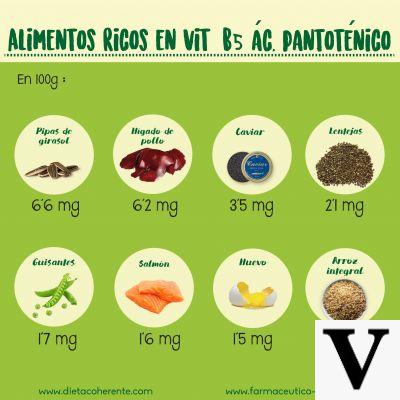
Dermatitis
Dermatitis is inflammation of the skin.
The term dermatitis is rather generic; it can indeed be attributed to a wide range of dermatological complications.
Dermatitis usually presents with: dryness, peeling, cracking, swelling of the skin, redness, itching, recurring rashes (blisters), scabs, bleeding, and sometimes discoloration (caused by healed lesions).
Atopic one is also known as eczema; however, dermatitis tends to be an acute disorder, while eczema represents a particularly chronic discomfort.
The causes of dermatitis are unclear; it is assumed that (especially in chronic forms) dietary factors and autoimmune reactions are involved.
The treatment of dermatitis is pharmacological, consisting of moisturizing and / or steroid creams. If ineffective, they can be replaced by calcineurin inhibitor products.
Dermatitis affects 3,5% of the world population. While not dangerous, it correlates with many other serious conditions, including: osteoporosis, depression and heart disease.
Diet
The causes of dermatitis are poorly understood; moreover, this term is used to describe a very heterogeneous skin discomfort.
Diet, like other risk factors, plays a different role depending on the specific case.
Herpetiform dermatitis and celiac disease
Dermatitis herpetiformis appears to be closely related to celiac disease.
The main symptoms are intense itching and skin rash; the latter is typically symmetrical on the arms, thighs, knees and back.
The treatment of herpetiform dermatitis is specific for celiacs and involves the total removal of gluten.
Dermatitis and Food Allergies
The study of dietary factors that can influence the evolution of dermatitis has not yet provided any absolute statistical significance.
There is a correlation between dermatitis and diagnosable egg allergy (not food intolerance). In children, the exclusion of food leads to a progressive remission of the dermatitis.
Under normal circumstances (without allergies), any exclusion diet did NOT lead to any benefit in treating dermatitis. It must be emphasized that the investigations carried out to date are not particularly accurate, both from the point of view of the sample and as regards the method and means of the research.
Prevention
Pregnancy and breastfeeding
The diet of the pregnant woman does not seem to affect the risk of dermatitis for the unborn child.
The same is true for breastfeeding or the type of milk formula used in infant replacement feeding. The first is however preferable, as it reduces the risk of many diseases, even on an allergic basis.
probiotics
There is positive experimental evidence supporting the use of probiotics in childhood.
Probiotics are foods or supplements that contain the physiological bacteria of the large intestine. Known as intestinal bacterial flora, these are: Lactobacilli, Eubacteria and Bifidobacteria.
The foods that contain them "naturally" are of the fermented type; in particular: yogurt, kefir, buttermilk, tofu, tempeh, gherkins, sauerkraut etc.
However, the benefit of food supplementation with probiotics is not so high that it can be considered an effective preventive intervention.
Herbs and Other Supplements
heritage
Some supporters of traditional Chinese medicine recommend the use of herbs for the treatment of dermatitis.
However, due to some side effects, it is not yet clear whether these treatments are considered beneficial or potentially harmful.
The oral intake of borage seed oil and / or evening primrose, in addition to not being particularly effective, can cause the onset of quite important gastrointestinal symptoms.
Useful Supplements
In case of eczema, some people use vitamin, saline and essential fatty acid (omega 3 and omega 6) food supplements.
The most consumed molecules and ions are: zinc, selenium, vitamin D, vitamin E and vitamin B6 (pyridoxine).
The most used essential fatty acid food supplements are: sea buckthorn oil, hemp seed oil, sunflower oil and fish oil.
For the moment, there is no concrete evidence to support this nutritional therapy.


























